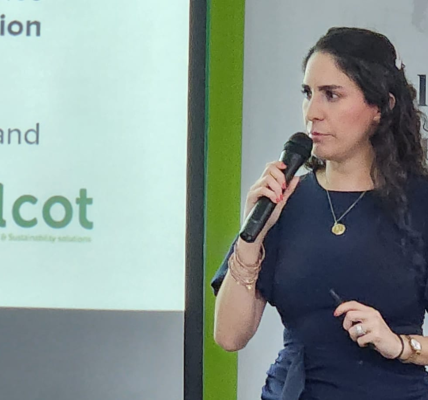In a concerted effort to combat climate change and promote sustainable finance, the European Union (EU) has implemented the European Taxonomy Regulation. This regulatory framework sets out a classification system for environmentally sustainable economic activities, providing clarity on what can be considered green or sustainable. Encompassing a wide array of sectors, this regulation is poised to reshape the landscape of industries across Europe. As companies strive to align with these standards, specialized services have emerged to assist them in understanding, implementing, and adhering to the European Taxonomy Regulation
Understanding the European Taxonomy Regulation
Enacted in June 2020, the European Taxonomy Regulation aims to create a unified language around sustainable finance. It establishes clear criteria for determining which economic activities can be classified as environmentally sustainable, particularly focusing on Climate Change Mitigation and Adaptation. By providing transparency and standardization, the taxonomy facilitates informed investment decisions and promotes the transition to a greener economy.
Key Industries Affected
The European Taxonomy Regulation spans various sectors:
• Energy: Renewable energy sources ; solar, wind, and hydroelectric power are prominently featured in the taxonomy as sustainable options for reducing greenhouse gas emissions.
• Transportation: Electric vehicles, public transportation infrastructure, and sustainable mobility solutions fall within the taxonomy’s purview, aiming to reduce the carbon footprint of transportation systems.
• Manufacturing: Industries involved in the production of low-carbon technologies, energy-efficient equipment, and sustainable materials are encouraged to adopt practices aligned with the taxonomy.
• Construction: Building and infrastructure projects that prioritize energy efficiency, use of sustainable materials, and adherence to green building standards are deemed compliant with the taxonomy.
• Agriculture: Sustainable agricultural practices, such as organic farming, precision agriculture, and agroforestry, are recognized as contributing to environmental objectives outlined in the taxonomy.
ALLCOT Industry Compliance Services
As companies navigate the complexities of the European Taxonomy Regulation, service providers offer a range of solutions to support compliance efforts. These services include:
• Taxonomy Assessment: Conduct comprehensive assessments of company’s activities to determine their elegibility and alignment with Taxonomy Criteria. This involves evaluating processes, products, and strategies to identify areas for improvement.
• Data Management: Given the importance of accurate data in Taxonomy compliance, firms offer solutions for collecting, analyzing, and reporting relevant environmental metrics. This includes carbon footprint assessments, lifecycle analyses, and environmental impact assessments.
• Advisory Services: Help companies understand the transition pathway towards taxonomy requirements, develop sustainability strategies, and integrate environmental considerations into business decision-making processes.
• Sustainable Finance: Financial institutions and advisory firms offer services related to green bonds, sustainability-linked loans, and other financial instruments aligned with the taxonomy. This includes assisting companies in accessing green financing and navigating disclosure requirements. We support the SFRD regulation, understanding its implication in the investment schemes.
• Technology Solutions: We advise software partners to facilitate data collection, Taxonomy Compliance, reporting, and automate sustainability assessments.
• Training and Education: Workshops, webinars, and educational resources are available to help businesses and professionals deepen their understanding of the taxonomy and stay updated on regulatory developments.
Conclusion
The European Taxonomy Regulation represents a significant step toward creating a more Sustainable Financial System and economy. As companies across various industries seek to align with these standards, specialized services play a crucial role in facilitating compliance and driving the transition to a greener future. By leveraging these services, businesses will meet regulatory requirements and capitalize on opportunities for innovation, efficiency, and long-term growth in a rapidly evolving landscape of sustainable finance and industry.
Thanks to progress in the EU, it has served as an example for different countries in the adoption of taxonomy. Countries like Mexico, Colombia, Chile, Argentina, and Brazil are rapidly advancing towards the regulation of their taxonomies.





